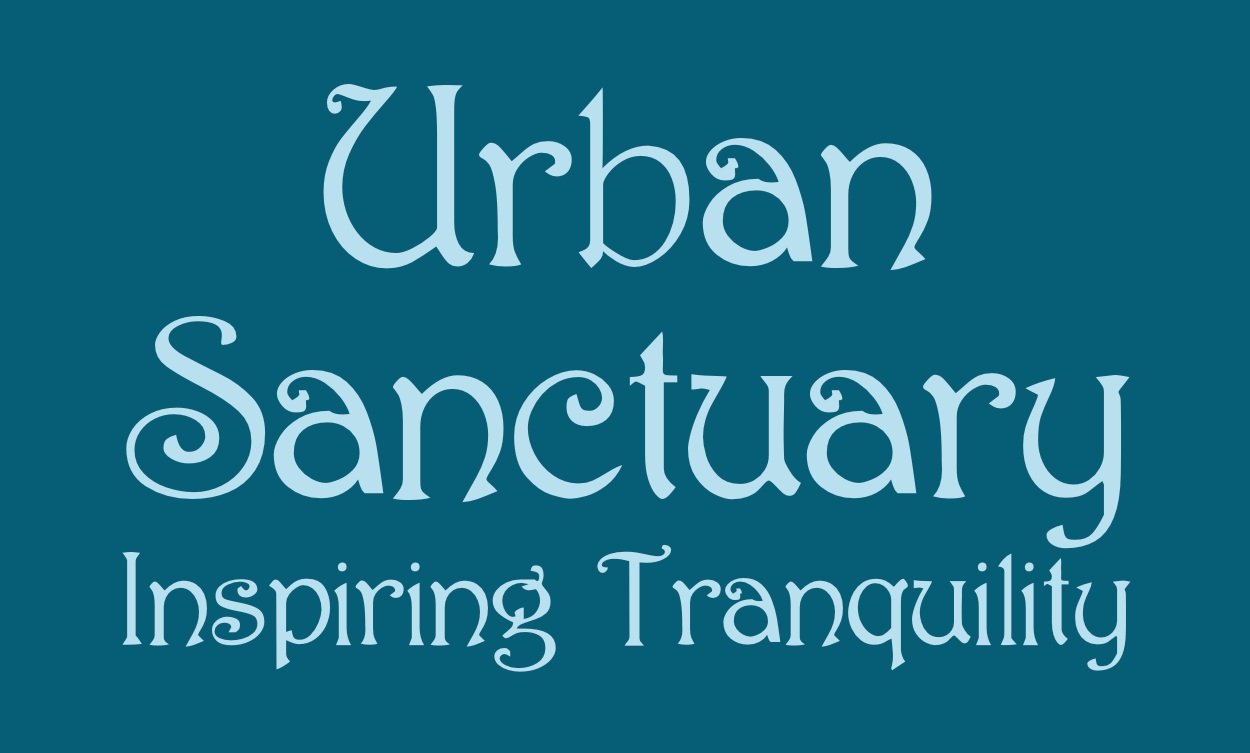Silence
The Fifth Sunday in Lent 3/26/23 ***I have no idea why this did not post yesterday (in the wee hours of Monday morning, as I wrote late Sunday night. I was in a great deal of pain, but I thought sure I posted it from home - albeit my unreliable computer at home.***
Today is technically the last Sunday in Lent, as next Sunday is Palm Sunday. So let us really try to set aside some special time to just be with Jesus before we enter into the somber recollections and rituals of Holy Week. The theme, appropriately so, for this week is ‘The Value of Silence’.
In the First Book of Kings, we hear God tell Elijah, “Go out and stand on the mountain before the LORD, for the LORD is about to pass by.” There was a great wind, an earthquake, and a fire, but the LORD was not in any of them, but in the sheer silence that followed. Saints and mystics have prescribed silence as the first step in hearing God’s voice.
The Psalmist finds security in silence: “For God alone my soul waits in silence, for my hope is from him. He alone is my rock and my salvation, my fortress; I shall not be shaken. On God rests my deliverance and my honor; my mighty rock, my refuge is in God.” Psalm 62:5-7
At the end of a hike when I’ve reached a summit, or a panoramic view, my breath is taken away and I am almost forced into silence; a silence that allows God to be truly present and recognized.
Many years ago, I spent a weekend retreat at a Monastery. We were told that we must be silent except when in the public gathering space for the retreat program, but going to and from our rooms, the chapel and dining areas, we would remain silent. The bells would toll as time-keeper. I didn’t really comprehend what it would feel like to be interrupted every three hours to be called to prayer. This is around the clock! Many of the monks were quite elderly and they were also given the chance to continue to work or sleep or pray or study, but most showed up to prayer, seemingly walking in their sleep to and fro throughout the night and into the morning.
I arrived on a Friday afternoon, so the first set of bells I heard were Vespers - @6pm. This was followed by dinner, then, Compline at the end of the day @9pm. I could quickly see how one could possibly ‘pray without ceasing’ as St. Paul urges us. Just as I was settling in to sleep, the bells tolled again – Matins – at midnight. I wanted to experience this ancient sequencing of prayers, so this meant a trek through the cloisters to the chapel where the monks would already by reciting prayers. When did they sleep?
We trekked back to the retreat rooms, and before I realized I was asleep, I heard the bells again – 3am Lauds. Same routine, just a bit more weary on the walk back to bed, until the bells rang for sunrise prayer at 6am – Prime. Between Prime and Terce (9am) one would do their morning routine, including shower and breakfast.
Our first program of the day started following breakfast and Terce prayers and would end for us to make it to Sext prayers at Noon, and then have lunch. The afternoon “program” followed lunch and lasted until Nones (3pm). By 6pm, my first full day, I had completed one full cycle by Vespers on Saturday evening. I wondered if I could ever adapt to this rhythm of doing a little work, or study, then pray, then a little reading, then pray. This particular monastery followed what many monasteries follow, the Benedictine Rule. A set of standards to guide your daily activities and behavior. Their motto is ‘ora et labora’ ~ pray and work. Their work, study and daily chores were done in silence unless guidance was necessary. So even if they weren’t on their way to/or in formal prayer, they were able to invite God into the silence no matter what they were doing.
I don’t think it’s a coincidence that the words SILENT and LISTEN are comprised of the same letters. You must be silent before you can hear the Lord and listen to Him.
My prayer for you this final week of Lent, is to truly spend some time in silence, during the day or within the prescribed Holy Hours, to stop and listen and just be with the Lord.
At the very least, setting a timer on your phone, for each of the Holy Hours throughout the day, might help you become aware of how many opportunities are passing you by to stop and pray with Jesus.
Again, here is the breakdown of the Holy Hours:
Lauds (Early morning – 3am)
Prime (first hour of daylight (6am)
Terce (third hour – 9am)
Sext (noon)
Nones (3pm)
Vespers (sunset/evening – 6pm)
Compline (end of the day – 9pm)
Matins (nighttime – midnight)
While the actual times may vary, this has been roughly adhered to for centuries.
What was most striking was the silence being broken by the sound of shuffling feet heading to the chapel for prayer, the chant of the psalmody and prayers, then the shuffling back into silence. It seemed like a rhythm that, once one got used to it, would become very natural.
How might you adopt or develop a rhythmic habit of silence and prayer that would last beyond Lent?
May you continue to be blessed along your Lenten journey.

